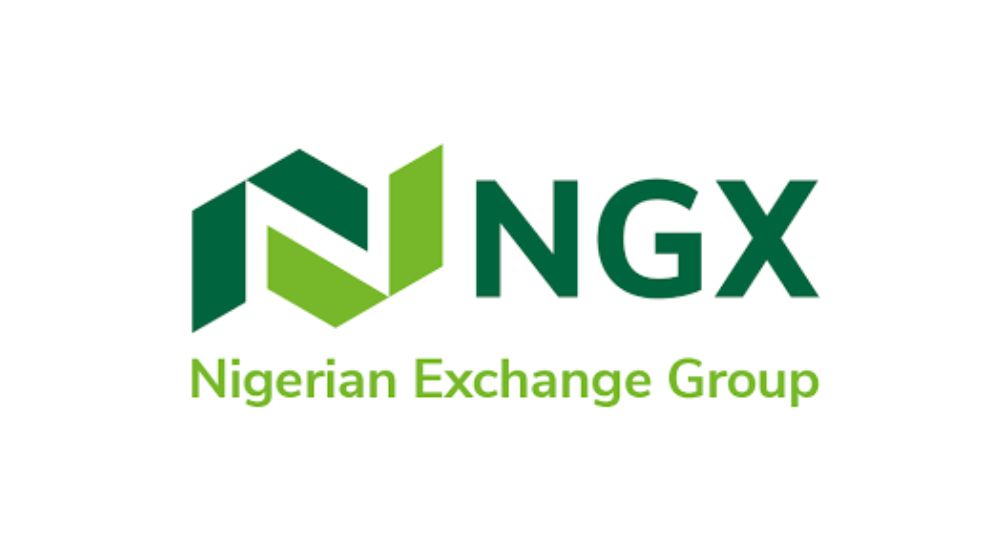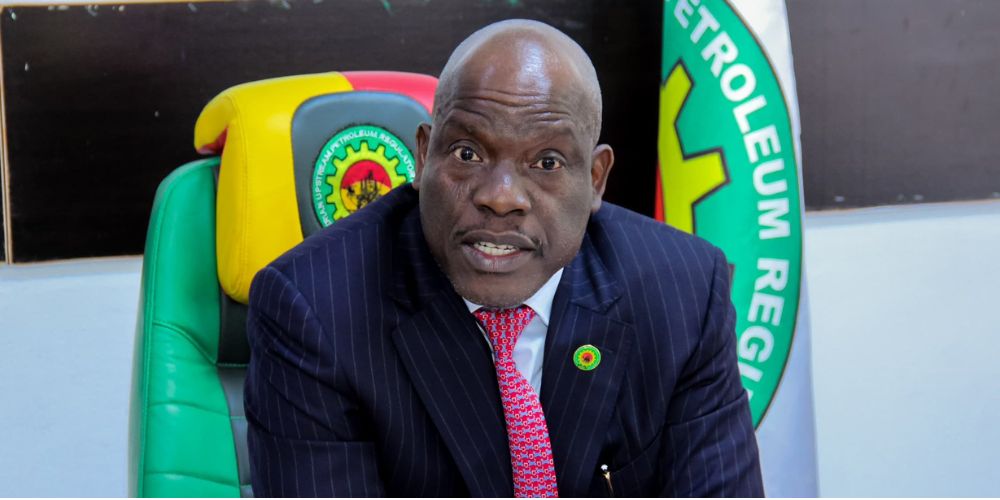Banking Recapitalization Raises Stockbrokers’ Income By 862% To N28.89bn

The top 10 stockbroking firms operating on the Nigerian Exchange (NGX) earned a staggering N28.89bn in commissions in the first five months of 2025, representing a sharp increase of 861.72 per cent compared to the N3.004bn recorded during the same period in 2024.
This unprecedented growth in brokerage revenue, driven by heightened trading activity, has raised red flags among market analysts over the growing concentration of power in the hands of a few dominant players.
Data from the NGX broker performance report seen by THE WHISTLER, showed that these firms were responsible for executing 57.07 billion shares valued at N2.14trn between January and May 2025.
This accounts for 46 per cent of the total transaction value and 62.56 per cent of the total traded volume during the period, underlining their outsized influence on market activity.
The surge in commissions came despite persistent macroeconomic headwinds such as rising inflation and elevated interest rates. Investor confidence remained robust, sustaining high levels of buying interest across several key sectors.
A cursory analysis of the value traded indicates that the top 10 brokers collectively realized about N28.89bn in commissions between January and May 2025.
Brokers often charge as high as 1.35 per cent in commissions on trades, although some charge lower depending on the size of transactions.
However, this accounts for a growth of 861.72 per cent over the commissions earned in the corresponding period of 2024, with a value of N222.51bn.
However, while the performance of the top brokers may reflect operational efficiency and strong institutional networks, analysts are warning that the growing dominance of a few players could distort the integrity of the market.
Among the top performers, Chapel Hill Denham Securities Limited led the chart with transactions valued at N700.88bn, representing 20.49 per cent of the total market turnover.
Cardinal Stone Securities followed with N325.62bn, while Cordros Securities Limited recorded N199.36bn. Other notable firms in the elite group include Apt Securities & Funds (N169.27bn), United Capital Securities (N159.80bn), Stanbic IBTC Stockbrokers (N159.25bn), EFG Hermes (N145.57bn), Meristem Stockbrokers (N127.03bn), Coronation Securities (N83.78bn), and First Securities Limited (N70.17bn).
While these firms collectively accounted for over half of all trades on the Exchange, market observers are increasingly concerned that such a high level of concentration undermines healthy competition and limits the participation of smaller, less capitalized brokers.
Analysts argue that the imbalance risks discouraging innovation, creating an uneven playing field, and reducing market depth.
Group Managing Director of Crane Securities Limited, Mr. Mike Eze expressed concern over the widening gap between the dominant brokers and their smaller counterparts.
“In addition to being the biggest trading houses for FPIs, these firms also dominate local institutional and high-net-worth investors,” Eze said in an interview with THE WHISTLER.
“This creates an uneven playing field where smaller brokers struggle to gain traction, limiting their ability to grow and compete effectively.”
Eze also noted that the market behaviour is heavily influenced by the trading activities of these top firms. “When these big players engage in heavy buying, the market rallies.
Conversely, when they withdraw or take profits, the market often experiences a downturn. This cyclical pattern has defined the market in recent years,” he added.
The NGX introduced broker rankings in 2011 to foster competition and promote transparency.
While the rankings have heightened competition among brokers, the persistent dominance of the top ten firms suggests that structural challenges remain unresolved.
“The dominance of a few firms reflects both their operational strength and the unequal distribution of resources within the industry,” said a market expert.
“Their access to foreign and local institutional clients gives them a significant edge over smaller players.”
A Lagos based analyst, Mr. Abiodu Adeoye noted that such concentration creates an uncompetitive landscape, discouraging smaller brokers from participating meaningfully in the market.
“When only a few brokers control most of the trades, it weakens the depth of the market. It raises concerns about fair access and may hinder the growth of a more diverse investor base,” the analyst said.
Adeoye noted that there are also fears that the over-reliance on a few key brokers could increase systemic risk, especially in the event of operational lapses, regulatory breaches, or internal failures within those firms.
He argued that a more inclusive and evenly distributed brokerage ecosystem is critical to achieving long-term market stability.
Adeoye called on the Nigerian Exchange and the Securities and Exchange Commission (SEC) to implement stronger regulatory frameworks and incentives that promote broader broker participation.
These could include capacity-building initiatives, enhanced transparency in broker ranking methodologies, and the removal of structural bottlenecks that limit competitiveness.
He said, “The health of any stock market depends not only on investor participation but also on the robustness and fairness of its intermediaries. The current imbalance on the NGX could disincentivize innovation, crowd out smaller players, and ultimately hurt investor trust.”
He noted that it is crucial to address the risks posed by broker concentration in order to safeguard market integrity and support the inclusive growth of Nigeria’s capital market.
Analysts are calling for targeted reforms by the Nigerian Exchange and the Securities and Exchange Commission (SEC) to address the growing imbalance. Proposed measures include regulatory incentives to promote broader participation, transparency in broker performance metrics, and structural reforms to eliminate entry barriers for smaller firms.
Despite the positive momentum in trading volumes and revenues, experts insist that a more inclusive and competitive brokerage ecosystem is essential to safeguarding long-term market integrity.
ENDS
Banking Recapitalization Raises Stockbrokers’ Income By 862% To N28.89bn is first published on The Whistler Newspaper





